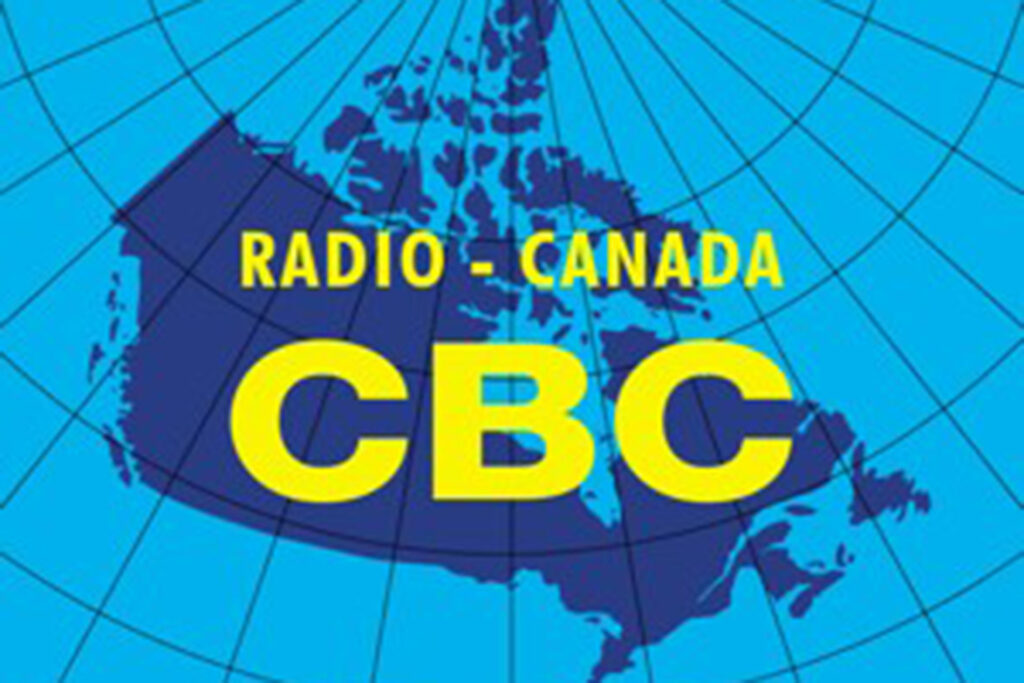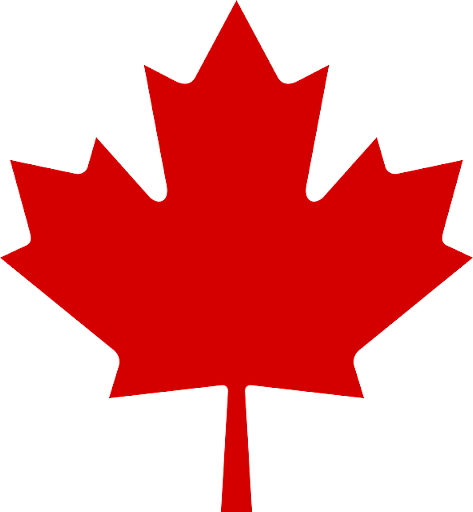Few organizations have spoken more often at the Empire Club than the Canadian Broadcasting Corporation. While the Club was already well into its 26th year of operations when the Aird Commission on Public Broadcasting recommended that the country set up a national radio broadcast network, it immediately became very interested in this new idea as it was being presented as a way for Canadians to tell their own stories, not those of its much larger and more powerful neighbor to the south. This was, after all, one of the reasons that the Empire Club of Canada was itself set up in 1903 as certain groups of influential people in Toronto were floating the idea that Canada would be better served by joining the United States. Our founders, like those of the CBC, were entirely convinced that Canada was a remarkable and unique place that needed to be friends and partners with the United States, not a part of it. Eventually, the country set up 1932 the Canadian Radio Broadcasting Commission, which was replaced in 1936 through the new Canadian Broadcasting Act with a crown corporation that would be known as the Canadian Broadcasting Corporation. This new crown corporation was in reality born within Canadian National Railways which had been running its own broadcasting network (the CNR Network) to entertain its rail customers as they traveled across the enormous geography of Canada, thereby giving them a distinct advantage over the the the archrival CP Rail.
By the end of the 1930s, Canadians were listening to farm broadcasts, hockey games, and royal visits on their newly acquired radio sets, and of course the network became a prime source of information to all citizens throughout the Second World War. On January 1st, 1941, the CBC News Service was formally opened, and for the first time in its history, Canada had Canadian voices explaining world events to them through a Canadian lens. It seemed like a natural progression for the inhabitants of the northern part of this continent, and all was good. By the time legendary historian and broadcaster Pierre Burton stopped by the Club on November 7th, 1985, almost exactly 30 years ago, to commemorate the 100th anniversary of “the last spike”, it was not in the least surprising to hear him talk about the CBC as an institution that had helped Canada grow strong as a nation by being a unifying force, a kind of glue that saw us through difficult times and held up a mirror in front of us which allowed us to better know, appreciate and celebrate each other as Canadians, not just as “non-Americans” living as friendly neighbors alongside Uncle Sam:
“Originally this country was held together by steel and wire, by 4,000 miles of rails and 4,000 miles of telegraph poles; and Macdonald saw that. Today we’ve expanded. We have other forms of communication, other forms of holding the country together: we have satellites; we have airlines; we have broadcasting. But culture is also part of it; culture communication is as important today as the railway was a century ago. That’s why institutions that are semi-government and sometimes totally government institutions, are so important to us when they’re not important to other countries: the Canadian Conference of the Arts; the Canada Council; Telefilm; the CBC; the National Film Board. All these are part and parcel of a pragmatic Canadian policy that goes beyond political lines and says we have to hold this very difficult system together; the beads on the string have to be held together by a string and the string, which was once the railway, is now something more. We have to be held together culturally and physically and geographically and psychologically”
Not everyone in Canada saw it that way, to be fair. Some Canadians had difficulty with the concept of an artificially propped-up organization that could not survive in the North American media market and lamented that taxpayers were supporting something that our American cousins would never do in their homeland. Others were uncomfortable with a government-owned organization being critical of their own sole shareholder, or bureaucrats being put into the creative sphere of entertainment. The CBC was at times even threatened with closure, and on occasion, the Canadian government could treat its own child in a fashion that seemed akin to a severe form of “tough love”, asking it to become increasingly more competitive and to carry on even in the face of enormous budget cuts and increasingly limited access to government newsmakers. Talking heads predicted on numerous occasions the end of CBC, or at least of CBC Television (radio was never as much of a target) which they saw as “death through a thousand cuts”.
In recent years, CBC itself became the story, which is of course something that every journalist knows is dangerous territory. Certain journalists were engaging in behavior that went from questionable to downright revolting (read: Jian Ghomeshi). And yet, through it all, the CBC is still standing strong and tall, still, the network that our new Prime Minister allowed to follow him around for his entire first day in office. It is still the network that we trust to watch our election coverage on or to get insight into the horrible new wave of terrorist attacks that hit Paris at the end of last week. Great timing for the incumbent head of CBC Television, Heather Conway, to address the Club this week through a conversation with media observer Greg O’Brien, on the subject of “You, Me and the CBC”. It may all sound a bit folksy, but that is the very ethos of the CBC and why it is still going today…because it is precisely about you and me. Like the Empire Club itself, the CBC tells us our stories, our history, our perspective on events, and how they are going to impact us here, in Canada.
Heather Conway’s address later this week will be followed by many who will want to know how the CBC will go forward under this new government. If they step back and take a longer view, they will realize that the CBC has survived through all kinds of different government regimes and belief systems, and the one thing that has always kept it going was by staying true to its core mandate- a mandate so very close to that of our iconic Club- of bringing forward issues to Canadians that need to be discussed and understood as we move forward into the next chapters of our nation’s journey.


